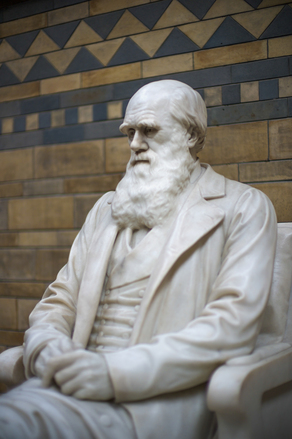OR WHY D’BANJ HAS FAILED TO SING ANOTHER OLIVER TWIST
Thanks to a routine cognitive overload from reading, I decided to look up notjustok.com today after a long stint. There, I found that d’banj released a new single (albeit, unofficial). I jumped into the track with gusto. And I liked it, probably because my expectation failed to set me up for any disappointment. I decided to catch a glimpse of the comments to see if I have some ‘carbon-copies’ around ...
Thanks to a routine cognitive overload from reading, I decided to look up notjustok.com today after a long stint. There, I found that d’banj released a new single (albeit, unofficial). I jumped into the track with gusto. And I liked it, probably because my expectation failed to set me up for any disappointment. I decided to catch a glimpse of the comments to see if I have some ‘carbon-copies’ around ...
This comment jumped at me:
Paraphrased
for clarity: [[“...This song is a dead track I think d’banj should visit a good
producer ... [like] don jazzy to resurrect his career”]]
I found
this comment particularly interesting, because of its suitability for
explaining a major flaw in our reasoning. (The narrative fallacy and the
regression to the mean)
Narrative
fallacy: Simply put, we love stories, and to *whatever* has happened we have an
intractable proclivity of conjuring reasons. We love casual inferences and
perhaps, our favorite sports should be “jumping into conclusion” In this case
D’banj’s egress from Don Jazzy’s camp vitiated his career.
Regression
to the mean: “in any series with complex phenomena that are dependent on many
variables, where chance is involved, extreme outcomes tend to be followed by
more moderate ones”. If you have taken a statistics class you have probably
heard of this concept, but its applicability might not be intuitive to real
life situations (at least, for most of us)
A
fictional example: If Mr X, performed more than he is capable of in a sporting
event (i.e Enjoyed a high dose of luck). The regression effect tells us that,
the next time he is most likely going to do worse (without any external influence).
No one can enjoy a high dose of luck forever. It can only wane in the face of
time. That is, there will always be a regression to the mean. The mean being Mr
X’s Innate Talent.
A causal
inference explanation might be “Mr X, became over confident and losses his
senses of responsibility” A conclusion, which will be considered apocryphal in
the face of the regression effect.
AND VICE
VERSA.
If Mr X,
performed less than he is capable of in a sporting event (i.e enjoyed a bad
dose of luck). The regression effect tells us that the next time he is most
likely going to do better... (and so on)
So
in my
opinion, regression to the mean plays a role in why D’banj has not sang
another 'Oliver twist' or 'Why me', and Tu face, another 'African
queen'.
Like
they will say in the milieu “omo na turn by turn”.
PS:
If an addicted reductionist happens to read this piece, (s)he could
*roughly* posit that, "Omo na turn by turn" = Regression to the mean.














